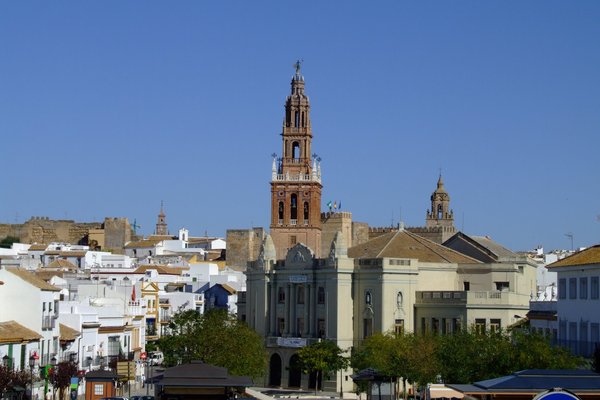Spain
Carmona’s cultural landscape
Carmona’s cultural landscape covers the city of Carmona and its agricultural surroundings, with a settlement history of 5,000 years.
Site Info
Official Information
- Full Name
- Carmona’s cultural landscape (ID: 6704)
- Country
- Spain
- Status
-
On tentative list 2023
Site history
History of Carmona’s cultural landscape
- 2023: Added to Tentative List
- Added to tentative list
- Type
- Cultural
- Criteria
Links
- UNESCO
- whc.unesco.org
All Links
UNESCO.org
- whc.unesco.org — whc.unesco.org
Community Information
- Community Category
- Cultural Landscape: Continuing
Travel Information
Recent Connections
News
No news.
Community Reviews
Show full reviewsFor many years the Spanish tentative site included the “Casco antiguo de Cadiz” which has now been removed. When I visited western Andalucía in February 2024 I visited Cadiz, supposedly the oldest city in Europe, dating back to the Phoenicians and almost 3000 years. When you arrive at the city you are potentially in for a surprise: The city is situated on a peninsula (though originally on several islands) and seems more like an island: a splendid, almost Venice-like apparition. Since the space is extremely limited in the old town the houses stand very tight and only intercepted by a few attractive squares. Despite the density most streets are straight, so you often have the feeling of being in a colonial city. And if you look more closely most buildings are late 19th and early 20th centuries. Of course, a few churches that are older but even those are mainly baroque, and it is rather difficult to find anything medieval let alone ancient. With some effort you can find remnants of a roman theatre, one basement with remnants of the Phoenician port wall in a Flamenco cellar, one museum with roman and Phoenician walls and a park further south with an ancient necropolis. All in all, we find an attractive lively city in a splendid location but with very few remains of its major period of claim to fame, the Phoenician period. After wars and earthquakes most of what we see today comes from its second heyday, the 18th century, …
Keep reading 0 comments